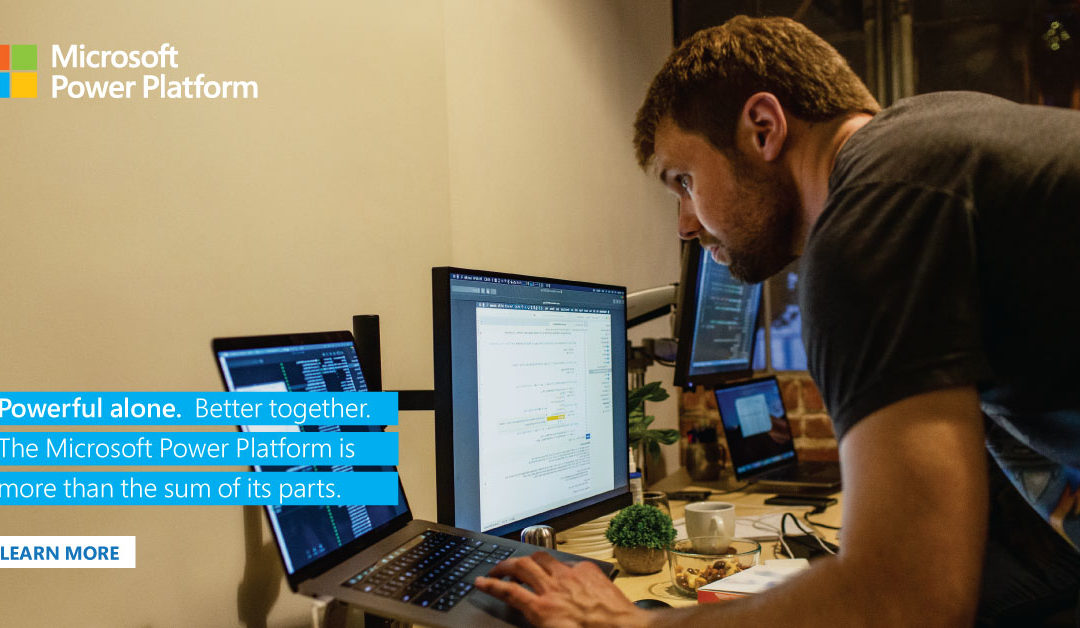The Covid-19 pandemic has highlighted an issue that has long plagued remote and rural communities: how to affordably deliver world-class healthcare services to people who live far away from well-resourced clinics and hospitals.
It’s an issue that Dr Raymond Campbell, CEO of Phulukisa Health Solutions, has grappled with for some time, and which he and his team are addressing using technology.
Phulukisa is a group of professionals with the stated aim of transforming healthcare using cloud enabled e-health solutions in a country were much of population remains severely underserved when it comes to healthcare.
Pregnant women are at particular risk: they require ongoing clinical visits, but this isn’t usually possible in a rural or remote setting. Well-equipped medical facilities are few and far between, and often under-resourced. In addition, women often have difficulty accessing these facilities, given the distances and resultant cost in time and money.
What was needed, was a solution that monitors their health closer to where they live, with the relevant healthcare professionals able to oversee their care despite them not being present.
The solution has been deployed in the Refilwe township of about 20 000 people located near Cullinan and has already made a difference for expectant mothers and their children.
Dr Campbell explains that the requirement was to fast track the assessment of pregnant moms in an urban and rural sector clinic in conjunction with the academic hospital that oversees the care.
To do this, the team developed a system that was located in the clinic as well as in the communities that access the clinics. Health visitors can now monitor patients wherever they are – at home or in local clinics – with everything they need fitted into a backpack that’s easy to move around with.
“We were now able to intervene at home and in the hospitals,” says Dr Campbell. “As a result, the waiting times dropped dramatically from 23 hours to 45 minutes on average.”
Phulukisa developed the platform internally, using the Power BI and Azure platforms to enhance the data collected and to gain insights not ordinarily seen, he adds.
In the final analysis, the solution does what was intended. “It takes healthcare closer to the people who need it more,” Dr Campbell says. “The reduction in times waiting for answers and results means decisions are taken quicker and outcomes are improved.”
Patient Previous Zulu comments: “The new technology is giving us hope that me and my child will be healthy.”
This isn’t the first time Phulukisa and Microsoft have worked together to provide e-health solutions. The first solution, developed in partnership with Microsoft and IoT Solutions, is a cloud-based programme that captures patients’ biometric information and triages them automatically.
The intelligent programming takes common measurements and combines the results to deliver a computed risk-analysis of the most common diseases.
The result is better, more cost-effective healthcare that provides analytics around efficiencies and productivity, and keeps customers engaged with improving their own health scores through curated advice.
By using Microsoft’s cloud technology, Phulukisa reduces treatment costs and saves time. And, because the app stores important data in Microsoft’s cloud, continuity between clinics is enabled.
In addition, the mobile app helps government determine the need for permanent clinics in certain areas, improving the lives of those community members in a way that will last.
More about Power Platform
Microsoft Power Platform is a group of products to develop and build complex business solutions, analyze, and draw data visualisations, automate a business process, or build virtual agents for communication. All these products offer a platform in which no code is required to build the applications.
The Microsoft Power Platform is more than the sum of its parts. Connecting them together – and to Microsoft 365, Dynamics 365, Azure, and hundreds of other apps – allows anyone to build end-to-end business solutions.
· Power BI – Make informed, confident business decisions by putting data-driven insights into everyone’s hands.
· Power Apps – Turn ideas into organizational solutions by enabling everyone to build custom apps that solve business challenges.
· Power Automate – Boost business productivity to get more done by giving everyone the ability to automate organizational processes.
· Power Virtual Agents – Easily build chatbots to engage conversationally with your customers and employees—no coding required.
Power Platform and the channel

Karin Jones, Director of Business Applications at Microsoft and Business Group Lead for Power Platform at Microsoft SA.
Power Platform is available on subscription or on volume licensing agreement from accredited Microsoft channel partners.
“We work with a wide range of partners of all sizes, from the biggest consultancies to two-man systems integrators and including a great contingent of equal opportunity partners,” says Karin Jones, Director of Business Applications at Microsoft and Business Group Lead for Power Platform at Microsoft SA. “We are intent on growing a vibrant Power Platform community.”
Partners can develop their own apps and offer them on the Microsoft Marketplace so they can sell their IP (intellectual property) across the global Microsoft ecosystem.
They have access to apps and templates developed by the Power Platform Engineering Group which they can deploy as is or modify for their own customers’ use.
“There is also an established process and set of tools to help customers and partners build their own Centres of Excellence”, says Jones, “while training and workshops drive ongoing capability and enablement.”
For more information on Power Platform, click here

